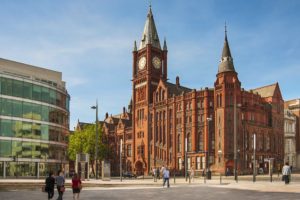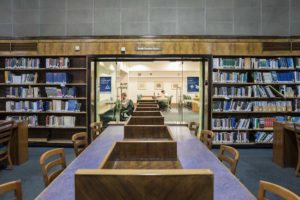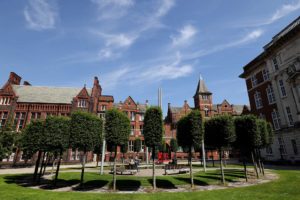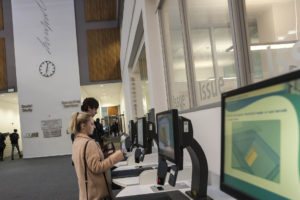If you study Bioinformatics BSc at XJTLU you can study Biochemistry at the University of Liverpool on the XJTLU 2+2 programme. or see all XJTLU 2+2 programmes.
Biochemistry BSc (Hons): XJTLU 2+2 programme
If you have a natural curiosity for science and a proven understanding of biology and chemistry, coupled with a desire to learn how science can be exploited for the benefit of mankind, then you have a fascinating career ahead of you.







